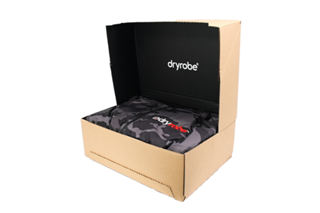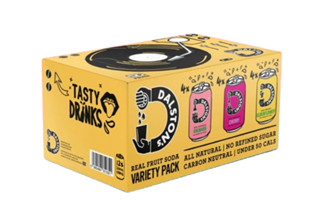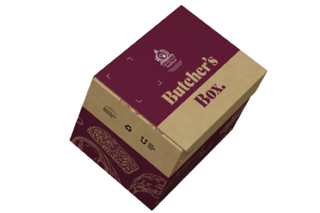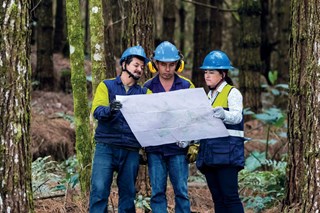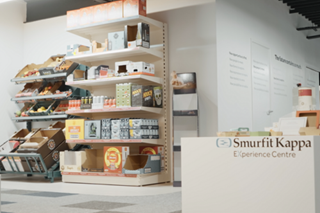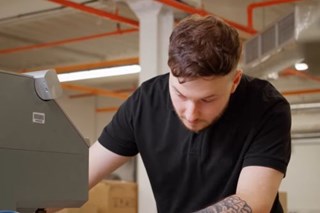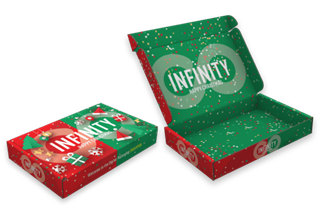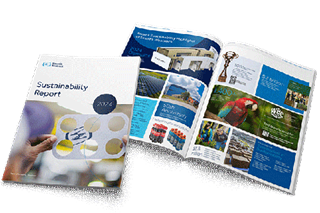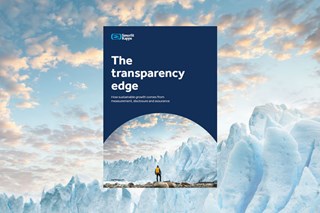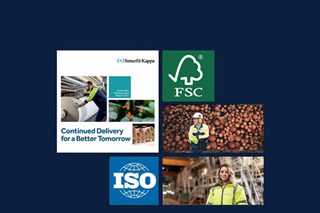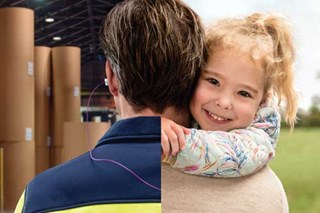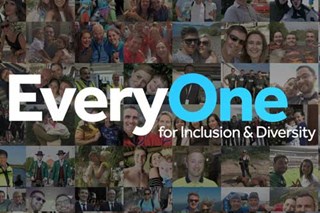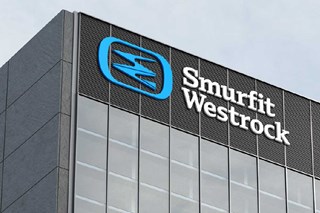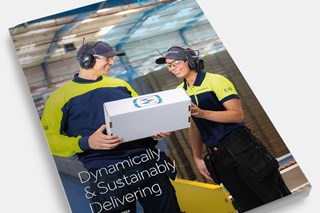What is free-from and vegan packaging, and why does it matter to brands?

When we hear ‘free-from’, we usually think of food - gluten-free, dairy-free, additive-free. But as consumer expectations evolve, ‘free-from’ is becoming a broader promise, one that extends far beyond the ingredients list. Consumers are judging the entire product, including the packaging. Is it plastic-free? Cruelty-free? Free from damage, moisture and excess material? If not, it could clash with the very values that led them to pick up the product in the first place.
Many brands have built their reputation on clean, ethical, or plant-based products - but if their packaging contains plastic, animal-based adhesives, or unnecessary materials, it risks sending mixed messages.
Packaging that fails to reflect the product’s purpose can dilute a brand’s impact. On the other hand, free-from packaging - plastic-free, animal-free, and responsibly sourced - can help amplify that purpose and build stronger connections with conscious consumers.
With 49% of shoppers willing to pay more for sustainable packaging and delivery (Deloitte), packaging is more than just a protective layer - it’s now a core part of the ‘free-from’ movement - where transparency, sustainability, and ethics matter at every layer.
In this blog, we unpack what free-from packaging really means, why it matters to today’s values-led shoppers, and how brands can use it to stay credible, stand out, and drive loyalty.
What is free-from packaging?
Free-from is no longer just a product claim - it’s a clear expectation from today’s consumers. Shoppers increasingly want packaging that reflects the same ethical and environmental values as the product itself. With 85% of UK consumers opposed to animal testing for cosmetics, and 1 in 10 reducing or eliminating animal products from their diet (The Vegan Society), it’s evident that conscious choices extend well beyond the ingredients list. If packaging contains animal-derived components - whether in the glue, ink, or coatings - it can undermine a product’s vegan credentials and weaken brand credibility in the eyes of consumers
Forward-thinking brands are rising to the challenge by ensuring their packaging supports the same values as their products. That means choosing plastic-free materials, animal-free adhesives, ethically sourced fibres, and renewable alternatives.

And as shown in our street interviews, consumers are actively seeking packaging that aligns with their ethical and environmental standards. When packaging reinforces brand values, it builds trust, enhances authenticity, and helps products stand out in an increasingly values-driven marketplace.
Vegan and cruelty-free packaging
Vegan and cruelty-free packaging are rising up the priority list for conscious consumers - and brands are taking note. While the two terms are often linked, they’re not the same.
Vegan packaging avoids all animal-derived components, such as glues, inks, and coatings that may be formulated using ingredients like gelatine or shellac.

Cruelty-free packaging refers to the idea that no animal testing has been involved in the development of any part of the product or packaging. While packaging itself typically isn’t subject to animal testing, certain ingredients used in adhesives or coatings could be, depending on their chemical makeup and source. In a broader sense, packaging might also be viewed as ‘cruel’ if it contributes to environmental harm that affects wildlife – such as plastic waste in the ocean.
For ethically driven shoppers, the details matter - and they’re actively seeking out brands that reflect their values. In fact, 82% of consumers say they want a brand’s values to match their own, and many will walk away if they don’t (Consumer Goods Technology).
Take multi-award-winning vegan body care brand MESSIAH & EVE. They needed fully recyclable packaging that not only protected their cosmetics range but also reinforced their commitment to sustainability and animal welfare. The result was a solution that delivered on all fronts: strong product protection, full recyclability, and a standout unboxing experience - all while staying true to their bold, ethical identity and continuing to delight their customers.

By aligning packaging design with consumer expectations, brands can boost credibility, attract loyal customers, and stand out in a crowded market. At Smurfit Westrock, we help brands do exactly that - creating solutions that are vegan, plastic-free, and designed to reduce waste at every stage, without compromising on performance.
The environmental impact of ‘free-from’ packaging
Free-from packaging is all about minimising the negative environmental impact of packaging. From materials to design, every element should work harder for the environment without compromising protection. That means choosing renewable alternatives like paper or cardboard, eliminating excess, and using lightweight, right-sized packaging that cuts down on waste and emissions.
But sustainability doesn’t mean sacrificing performance. Packaging still needs to do its job - protecting products from moisture, damage, and the demands of transit. A great example is McCormack Family Farms, Ireland’s leading herb and leaf grower, who were looking to move away from wax-lined and PET-coated trays.

By partnering with Smurfit Westrock, they switched to an innovative, recyclable water-resistant coating - delivering the protection their produce needed while meeting their sustainability goals. A smart blend of environmental responsibility and practical functionality.
The key lies in smart, purposeful design - using just enough material to ensure strength and security without excess. Thoughtfully engineered packaging helps brands minimise their environmental footprint while protecting products in transit and keeping packs light, compact, and cost-effective.
That’s exactly what Gymkhana Fine Foods achieved when they partnered with Smurfit Westrock to redesign their eCommerce packaging.

With product protection a top priority, they needed 4- and 8-pack packaging solutions for their jars of all-natural, preservative-free cooking sauces and chutneys. This resulted in durable, fit-for-purpose packaging that balanced performance and sustainability in one smart solution.
When functionality and sustainability work together, brands benefit from packaging that’s greener, and more cost-effective - without compromising customer confidence. At Smurfit Westrock, we help businesses strike that balance, creating sustainable packaging that’s engineered for performance and built with the planet in mind.
Why free-from packaging matters
Free-from packaging is a powerful way for brands to build trust with today’s conscious consumers. When packaging aligns with product promises - whether that’s vegan, cruelty-free, plastic-free or sustainable - it reinforces credibility and shows that brand values run deeper than the label. And with 40% of consumers actively looking for businesses that share their values (GWI), that alignment can make all the difference.
In a crowded market, shoppers notice the brands that go further. Packaging that reflects ethical and environmental choices doesn’t just tick a box - it strengthens loyalty, sparks preference, and sets products apart.
Because free-from is more than a label - it’s a mindset. One that prioritises purpose over excess and progress over convention. From reducing plastic to removing animal-based materials, even small shifts in packaging design can make a big impact. At Smurfit Westrock, we help brands turn those shifts into smart, scalable solutions.
Ready to take the next step in sustainable free-from packaging? Get in touch today.

